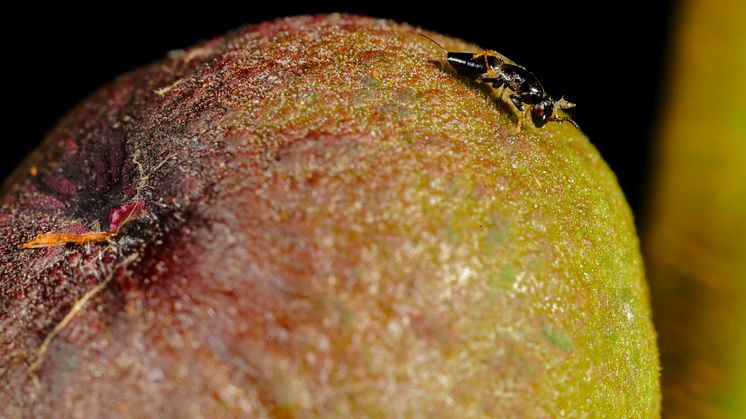Higher temperatures make it difficult for fig tree pollinators
Researchers from Uppsala University and elsewhere have been studying the effect of rising temperatures on the lifespan of pollinating fig wasps. The findings show that the wasps lived much shorter lives at high temperatures, which would make it difficult for them to travel the long distances between the trees they pollinate.

